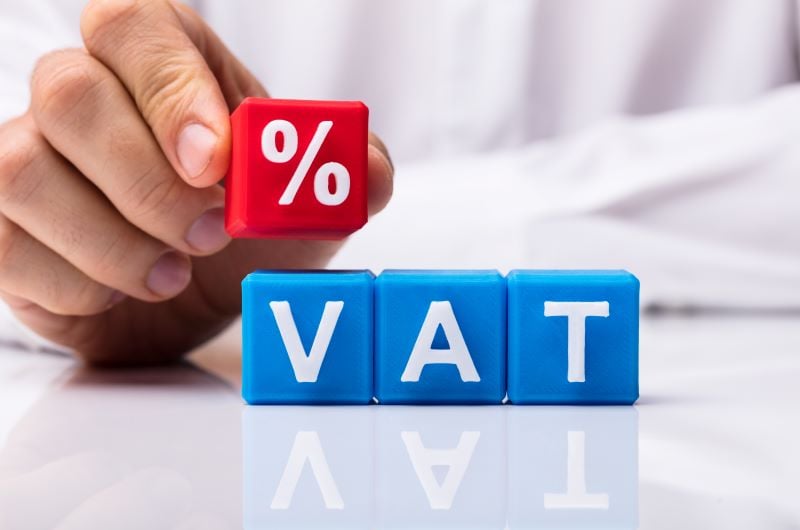Does your client have to provide HMRC with documentation?
The provision of documentation to HMRC can help to resolve matters quickly. But it also carries risk. Here, how to...
READ MORE
In 2021, there are changes coming online for VAT reporting that you should be aware of. We take you through a rundown of the key changes that affect VAT reporting in the UK.

As always, this article is intended to inform you of changes. The content should not be taken as advice. Should you require further guidance, you should contact HMRC here.
The UK continues to apply VAT rules on domestic transactions in the same way as before 1 January 2021. There are some changes that have now come into effect that impact transactions between the UK and EU member states.
On 1 January 2021, the government introduced a new model for the way VAT applies to goods imported into Great Britain from outside of the UK.
HMRC’s policy paper says, “This will ensure that goods from EU and non-EU countries are treated in the same way and that UK businesses are not disadvantaged by competition from VAT free imports. It will also improve the effectiveness of VAT collection on imported goods and address the problem of overseas sellers failing to pay the right amount of VAT on sales of goods that are already in the UK at the point of sale.”
The point at which VAT collection occurs has moved from the point of importation to the point of sale. Therefore, UK supply VAT will be due on these consignments. Previously, the applied VAT was import VAT. The change applies to consignments not exceeding £135 in value.
Low Value Consignment Relief, which relieves import VAT on consignments of goods valued at £15 or less, has been abolished.
The rules affect overseas sellers in a variety of ways. For the policy paper, check gov.uk.
For VAT registered UK businesses, the sale of goods to EU businesses continues to be zero-rated. Therefore import VAT and any customs duties are due when the goods arrive into the EU. The change effects those who benefited from distance selling thresholds prior to Brexit, who will now fall under the zero rated export rules. There is also no requirement for UK businesses (other than those in Northern Ireland) to complete an EC Sales List.
There are a number of changes coming into effect in 2021 for MTD for VAT.
For overseas sellers affected by the changes to import tax there is a further implication on their systems, as any VAT charges must be accounted under Making Tax Digital rules. Although many overseas sellers joined MTD for VAT in October 2019, the change to import VAT rules may affect further businesses selling to UK customers.
Businesses who have already joined MTD for VAT – those with a taxable turnover above the VAT threshold – were given an extension to the end of the soft landing period to help them deal with the impact of Coronavirus. The extension of the soft landing period expires in April this year, and there’s no hint of a further extension, so businesses need to have their digital links fully implemented by then.
From April 2021, all VAT registered businesses will begin joining MTD for VAT ahead of mandation in April 2022. That’s because HMRC will use this year to move VAT records from the old system, which allowed XML filing, to the MTD database.
How you proceed with 2021 changes to VAT reporting depends on whether you’re a business or an accountant.
If your businesses has already joined MTD for VAT, you will have to ensure that your digital links are in place and fully working by the end of the soft landing period. Whether you use bookkeeping software or Excel to keep digital records, bridging software allows you to create digital links that are compliant with HMRC rules.
Your small business clients below the VAT threshold are likely to be affected by the switch of database systems at HMRC. Preparing them early for digital record keeping will set you and them up to make the switch to MTD as seamlessly as possible.
Satinder Lala, head of marketing for BTCSoftware